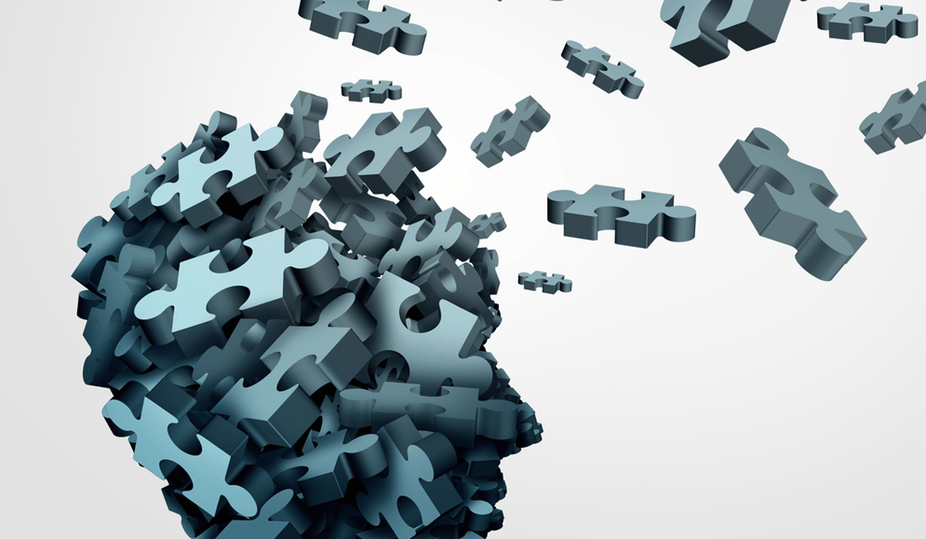Australia’s middle path and a Global Message
On November 26, 2019
Comments Off on Australia’s middle path and a Global Message
Australia’s middle path and a Global Message

Recent Posts
Information memorandum: A comprehensive guide
December 10, 2024
What is a pitch deck? Complete guide to a winning presentation
December 2, 2024
Latin America and the Green Energy Transition
September 23, 2024
Is the Green Mining Revolution Turning Ore into Opportunity?
September 15, 2024
The Future of the Green Mineral Frontier
September 10, 2024
INTRODUCTION
Today we are challenged by community concern and confusion in many countries. Whilst environmental issues are important community unrest in many countries has causes of much more immediate significance.
In Australia not only do we have universal suffrage at age 18 for citizens. We also have compulsory voting – and enforced democracy if you would like. May this year saw the election of a Liberal / National Party coalition led by now Prime Minister Scott Morrison. What Morrison promised was recognition for middle Australia the so-called hard-working decent family orientated middle of Australia.
AUSTRALIA’s LESSON
The recent election of the Morrison led Liberal/National Party coalition government came as a surprise even to our own political commentators. In the wash to the May election it would seem Morrison’s message was pretty simple “I want to govern the people in middle Australia”.
Australia, like so many democracies, traditionally has had a blue and red political group; and like so many other democracies establish political groups have been challenged by extreme right, extreme left and centrist groups. Historically, the Australian Labor Party (ALP) (our red team) could count on 30-40% of the vote and the Liberal / National Party (LNP) (our blue team) coalition could count on 30- 40% of the vote. The so-called swinging voter sat in the middle 20% which delivered Labor or the LNP government. Over the last 25 years this consensus has been broken down by the emergence of special interest groups many of which have come and disappeared such as the Australian Democrats and Australian Conservatives. The rise special interest groups have arisen because of the nature of our Senate system. Each state has the same number of senators but they are elected on a proportional representation system.
Each state appoints 12 senators and each territory two senators. Senators are elected 50% at a time so at each Senate election six senators per state are eligible for re-election. In the states the election system is by quota and an exhaustive preference system is used. This allows for a minority group to get a senator elected.
In Australia, we would say we live in a liberal fuller realist democracy with Australian characteristics. The features of the Australian democracy are well marketed as:
- Equalitarian
- Constitutional monarchy with a Westminster system
- Mateship
- fair go
- free-speech
- universal suffrage for citizens who are 18 or older.
I think it’s fair to say that Australians are happy to have a monarchy which has little if any political role in the country today. Since the Statute of Westminster the UK Parliament does not attempt to exercise any power over Australia, Canada, New Zealand or the other former dominions. Likewise, her Majesty is much loved and is referred other than in the tabloids she remains in United Kingdom. Her representatives as governor general and state governments appointed upon the recommendation of Australian political leaders has long been accepted as the right balance. Today, the ultimate sanction of the Queen’s representative is to send the parliamentarians back to the people all.
I believe that middle Australia don’t want to change the system and that therefore an Australian republic may be inevitable but it is a long way away. The system of the Parliament, the courts and the Queen’s representative is seen to be a fair distribution of power. The concern is should the governor-general be elected he or she will assume greater authority (i.e.; have their own mandate) and wish to exercise it. What we have today seen as the appropriate middle way for Australia.
THE MIDDLEWAY
Buddha Shakyamuni spoke of two extremes: existence and nonexistence. He taught his disciples that in reality it was best to accept that most things in conventional societies are somewhere between the two extremes.
In our politic or world we seem to have two extremes liberal pluralist democracy and absolutism. However today are enlightened world the pluralist democracy is elect leaders which need appease the masses and the absolutists recognise they only stay in power if they keep the people happy.
Across the world people seem unhappy with their system. It is not just concerns about the environment that we are seeing civil unrest in France, Argentina, USA, UK, Australia, Hong Kong… The extremes aren’t working and the leaders need to find a sensible middle ground without destroying the economy.
We have seen wisdom from absolute leaders such as the Sultan of Brunei and the president of China who listen to their people and noted keep governing they must be happy so they do move. What we are seeing in the United States to present who does not listen with the parliament having no choice but to announce it extreme displeasure by trying to impeach him
In the case of China, much is due to the wisdom of President Xi who early in his presidency spoke of socialism with Chinese characteristics. As we approach the 70th anniversary of the revolution in China, it is clear that China today is significantly different to the vision of Marx.
I have no doubt that events currently occurring in Hong Kong are seeded in deep community concern centred in the middle Cantonese society. The great restraint shown by the PRC reflects wisdom. With time a workable solution not only should be found but I am confident will be found.
AUSTRALIA
Australia is an island continent country (sorry Tasmania). We have a relatively small population and a large land mass blessed with natural resources. International trade as part of the global of vital trade daily existence. Our economy is specialised and therefore we need to engage with the rest world. We don’t have the luxury of the United States in being able to close our doors. We live in a part of the world where we need to be generous. We have domestic social issues which need to be addressed. Each of these needs’ prosperity.
Australia continues to have strong economic and cultural ties north America, Europe, Singapore. Hong Kong and New Zealand, however, we need to recognise that the global centre for economic activity has transferred to our part of the world – Asia. Our vital economic links are increasingly in Asia. Our nearest neighbours are Indonesia and Papua New Guinea. We now have vital commercial and long-term links with China, Japan, South Korea, Malaysia and Vietnam.
One of the strongest links we have with our region is education. It is not only a vital source of revenue but teaches so many students who returned home that we are just and tolerant society plus they can make lasting friend and commercial contacts with Australians.
APPLYING MIDDLENESS
Australia needs to continue on the middle path we need to be friends not only with our old allies but with our new ones. The safest part is shared economic disparity and tolerance. Australian needs to stand in the shoes of our friends and understand how they see the world. No doubt each will see the world differently as do we. This is neither right nor wrong it just is. We need to respect each other’s views be tolerant and talk openly. These are the best tools to increase prosperity and reduced global tensions.
Paul Raftery






